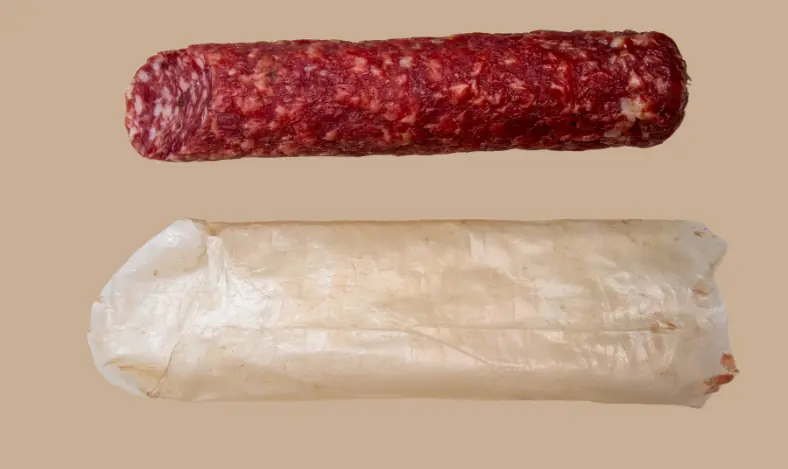Question
Assalamu Alaikum,
My question is regarding my work as an importer and exporter in Italy. I trade only in halal animal products, specifically sheep and goat casings (intestines) used for making sausages. I sell them to manufacturers who make the sausages. As a trader, I purchase and resell these casings for a profit.
I want to know if it is permissible (halal) for me to also sell pork casings (intestines) for sausage-making and earn a profit from this, similar to what I earn from sheep or goat casings. Would this be halal for me?
I have heard that many Muslims and Muslim-majority countries like Lebanon, Morocco, Tunisia, and Turkey are involved in the production of such items and consider them halal within their jurisdictions, supported by fatwas.
Since I do not have any other skill except this trade, I kindly request your guidance on this matter with authentic references.
Jazakallahu Khair.
Answer
wa alaykumussalaam
Thank you for writing to us.
A Muslim is obligated by Islamic teachings to abstain from consuming the flesh of certain prohibited animals, such as swine. This includes their intestines.
Sausage casings are an essential component in sausage production, serving as the outer layer that encases the meat mixture. Traditionally, natural casings are made from the cleaned intestines of animals like sheep, goats, and pigs, valued for their flexibility and ability to enhance flavour and texture. Artificial casings, made from materials such as collagen, cellulose, or plastic, provide an alternative for industrial production due to their uniformity and ease of handling. The choice of casing often depends on the type of sausage being made, cultural preferences, and dietary restrictions, with natural casings typically preferred for high-quality or specialty sausages.
Quite obviously, when we adhere to the prohibition of pork, we generally avoid any form of cooperation that facilitates the consumption of prohibited items.
However, in situations where a Muslim faces compelling circumstances—such as the risk of financial ruin or threats to one’s life—limited engagement in such trade may be permissible to the extent necessary to avert significant harm. Even in such cases, this involvement should be minimised and carefully weighed. This is based on the Qur’an itself.
إِنَّمَا حَرَّمَ عَلَيْكُمُ الْمَيْتَةَ وَالدَّمَ وَلَحْمَ الْخِنزِيرِ وَمَا أُهِلَّ بِهِ لِغَيْرِ اللَّهِ ۖ فَمَنِ اضْطُرَّ غَيْرَ بَاغٍ وَلَا عَادٍ فَلَا إِثْمَ عَلَيْهِ ۚ إِنَّ اللَّهَ غَفُورٌ رَّحِيمٌ
He has forbidden you only carrion, blood, and the flesh of swine; also any animal that is slaughtered in the name of someone other than God. Even then, whoever is driven to necessity, intending neither to desire nor to transgress, incurs no sin. Indeed, God is Forgiving and Ever-Merciful.
Qur’an 2:173
It is important to consider that while living in a predominantly non-Muslim society, if a Muslim can sustain a sufficient livelihood or earn a reasonable profit through permissible means, such as trading in the casings of halal animals, it is preferable to avoid any involvement in the trade of products derived from haram animals. This aligns with the broader Islamic principle of adhering to purity and avoiding questionable practices, even when technically permissible under duress.
The guidance on this matter is also supported by the following hadith, which offers further clarity and direction for Muslims navigating such dilemmas.
Narrated Jabir bin `Abdullah:
Bukhari, Hadith 4633
The Prophet (sws) said, “May Allah curse the Jews! When Allah forbade them to eat the fat of animals, they melted it and sold it and utilised its price! “
Therefore, it does not seem right to engage in the trade of pork casings unless your business, which is presently restricted to trading in the intestines of halal animals, is likely to suffer loss.
And God knows the best.
I hope this helps.
Regards,
Mushfiq Sultan
Assistant Fellow, Al-Mawrid










Leave a Reply